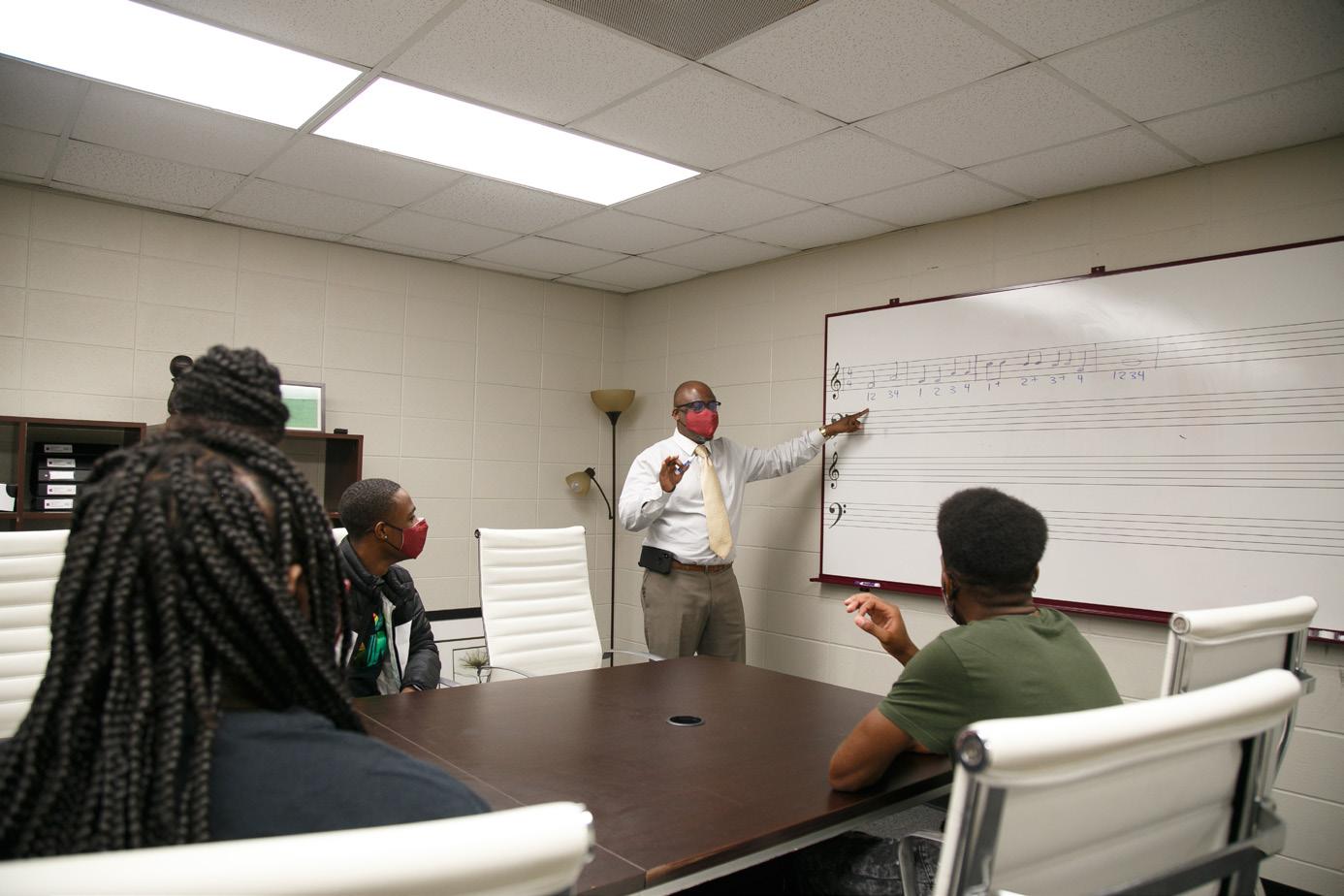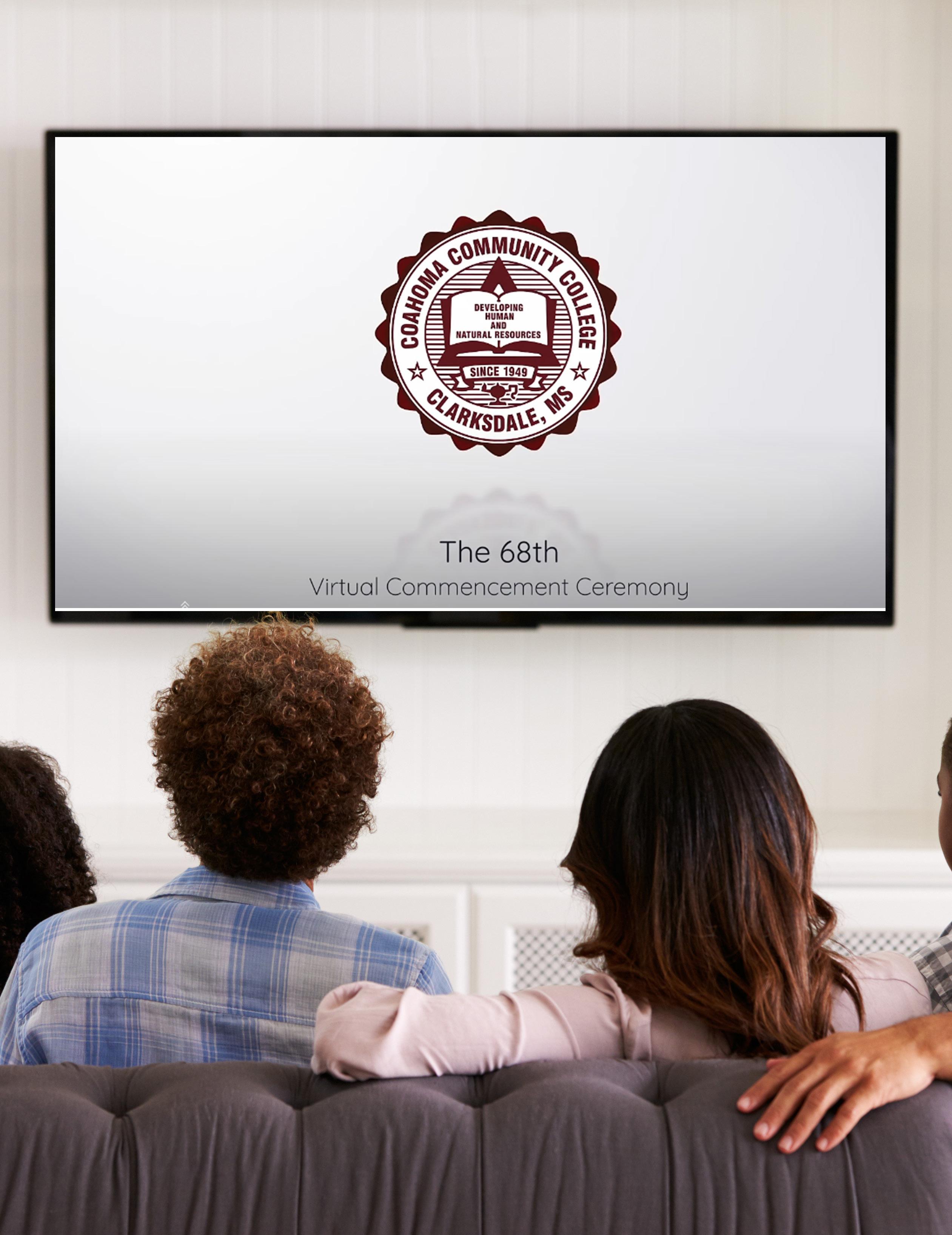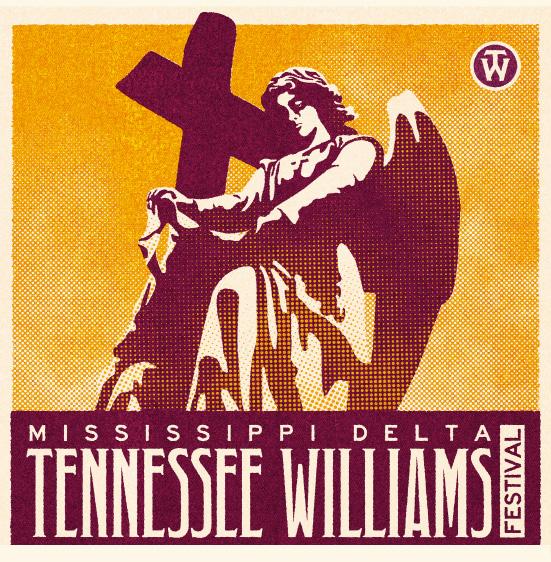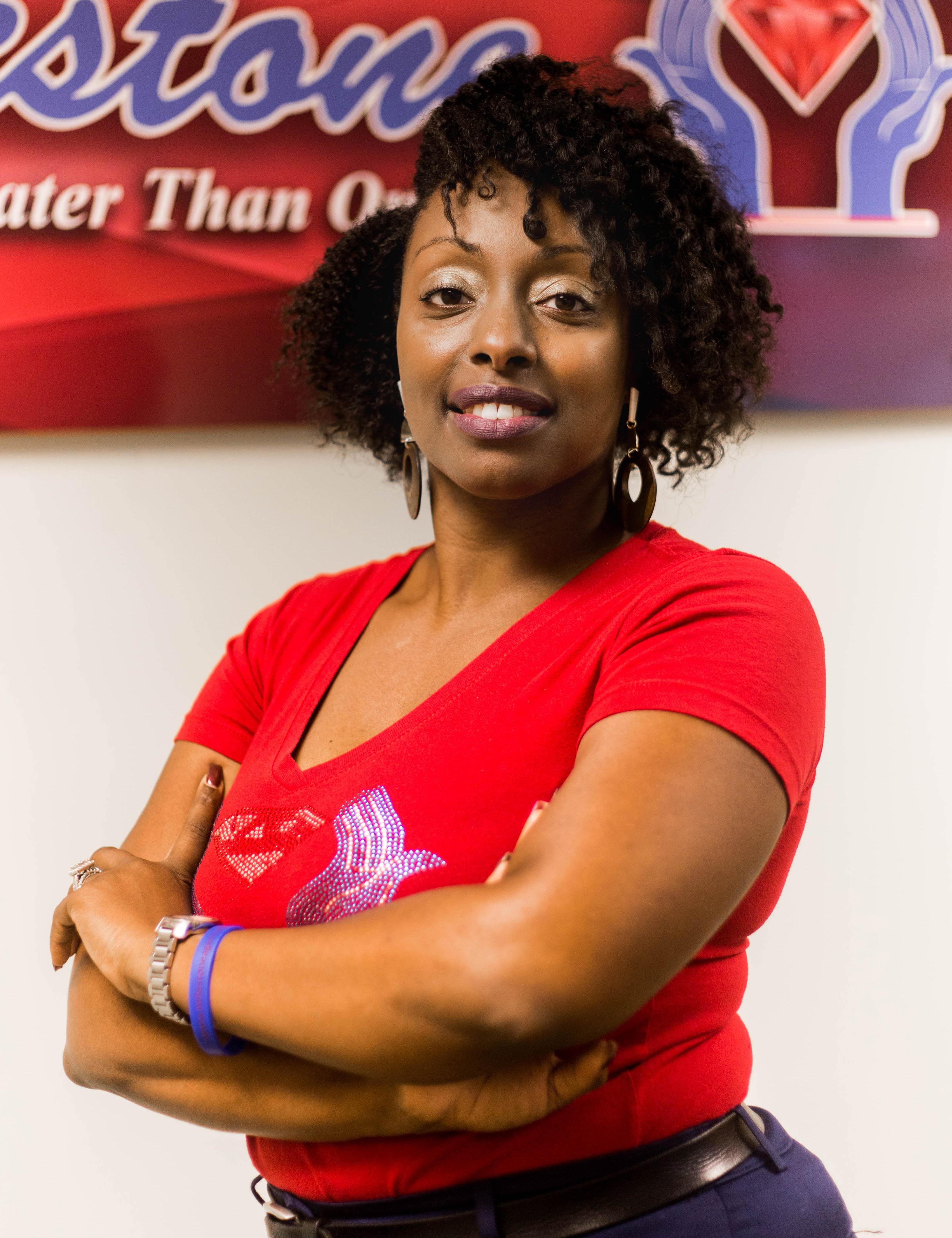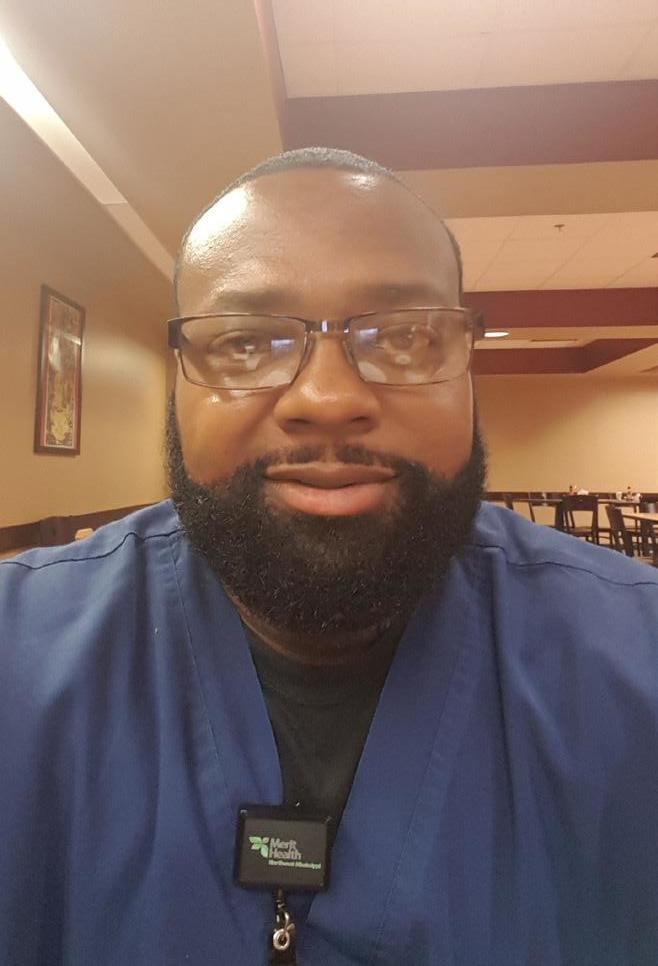
4 minute read
Navigating Through COVID-19
DIVISIONS ON A Mission
Dr. Rolonda Brown highlights Coahoma’s successful transition to virtual learning
The COVID-19 pandemic has affected many industries worldwide, causing them to adjust to a new normal and find ways to remain productive during these uncertain times. Higher education is one of those industries, as school administrations have worked tirelessly to ensure students continue receiving a quality education.
Coahoma Community College has successfully adapted by implementing three virtual learning formats, hybrid, hy-flex, and virtual. Dr. Rolonda Brown, dean of Academic Affairs, reflected on the measures taken for students to remain on track and to prepare teachers for the transition to online learning.
“I think our first step to ensure continued education was moving all face-to-face classes to an online format,” said Brown. “We also immediately began offering online training to all instructors while specifically focusing on those who had little to no experience with online teaching. Professional development and training have also been provided to meet the needs of instructors during this time to ensure continued excellence in teaching and teacher adaptability.”
Hybrid classes offer students face-to-face interaction with instructors through limited classroom visits while providing access to recorded lectures and having an option to complete assignments online. Hy-flex classes provide students with the opportunity to interact in real time with instructors through live online lectures and study sessions while completing all work online. Virtual courses are entirely online and offer occasional recorded lectures.
Coahoma’s online learning transition didn’t come without challenges. Computers and the internet were unavailable to several students, so the college discussed supplying students with the necessary educational tools. Brown reflected on how the college successfully overcame those challenges. “One of our main challenges was the fact that many students either didn’t have access to a computer, or they did not have access to the internet. We were able to overcome these challenges by offering computers to all students as well as providing hotspots to accommodate the lack of internet service.”
Professors embraced the changes and made adjustments to execute their lesson plans. Brown applauds the teachers for their creativity and passion for educating students.
“With the change in formats, instructors needed to find a more creative and innovative way to engage students virtually. We wanted students to feel a sense of connection to the college, their teachers, and their classmates while still learning primarily virtually. Instructors have responded by doing their very best to gain the knowledge and new skills necessary to engage students successfully.”
Traditionally, music students perform in multiple ensembles, work on research projects, engage with the Coahoma Community College community, and develop close friendships that prepare them for successful careers. The department is dedicated to each student’s educational journey and individual growth. Considering this, the onset of COVID-19 produced challenges to the educational process.
“Is there a way that we can do this and be safe doing so?” was the main question of Music Department Chair and Director of Choral Activities Kelvin Towers. “I’ve read reports from our national choral association and affiliates as well as participated in state music association meetings all summer long, trying to figure out will we be able to, and if so, how,” said Towers.
Students within the department adjusted well, according to Towers. Classes and groups were cut down to smaller sizes, time management techniques were elevated, and with the aid of faculty members young scholars balanced their study times and made ample time for practice and core coursework.
One of the most difficult challenges for Towers was keeping in mind that a new normal was in place. He often had to remind himself to not gauge the performance levels of prior groups with current students. “Being self-critical, and apologetic in comparing the students’ previous years’ experiences and exposure to that of current times post COVID-19 has been the hardest part teaching in this time,” Towers added.
Though many challenges have been overcome and will be moved past, Towers sees the resilience of his students and is confident in their abilities to be adaptive and agile.
The Department of Health, Physical Education, and Recreation managed to have engaged physically active courses while social distancing. Selina Reid, chair and instructor for the Department of Health, Physical Education, and Recreation, is pleased with the innovative methods the department is using for virtual learning.
“We focused on student-centered adaptation through assimilation by creating an online environment that would be easy to navigate and by utilizing various active learning strategies to promote instructor to student engagement and peer to peer engagement,” said Reid. “For instance, we created weekly modules with learning materials such as class notes, PowerPoints, and demonstration videos along with discussion board forums. Also, students submit videos of themselves performing various physical activities. If they have a physical ailment, they could describe the appropriate body mechanics and safety techniques of the physical activities as an alternative means of completing the assignment.”
Reid assures students that they are learn“We are reassuring our students that we are all in this together by continuing to learn best practices via numerous training and other professional development workshops so students can fully embrace online learning. By implementing new tactics to keep the human element in the online environment, this will help our students’ persistence.”
Despite not seeing their peers, students at Coahoma are pleased with virtual learning. Josiah Thompkins, a junior at Coahoma Early College High School who is dual-enrolled at Coahoma Community College, said that the transition works for him because it allows him to focus on his studies. Dr. Rolonda Brown, dean Division of Academic Affairs
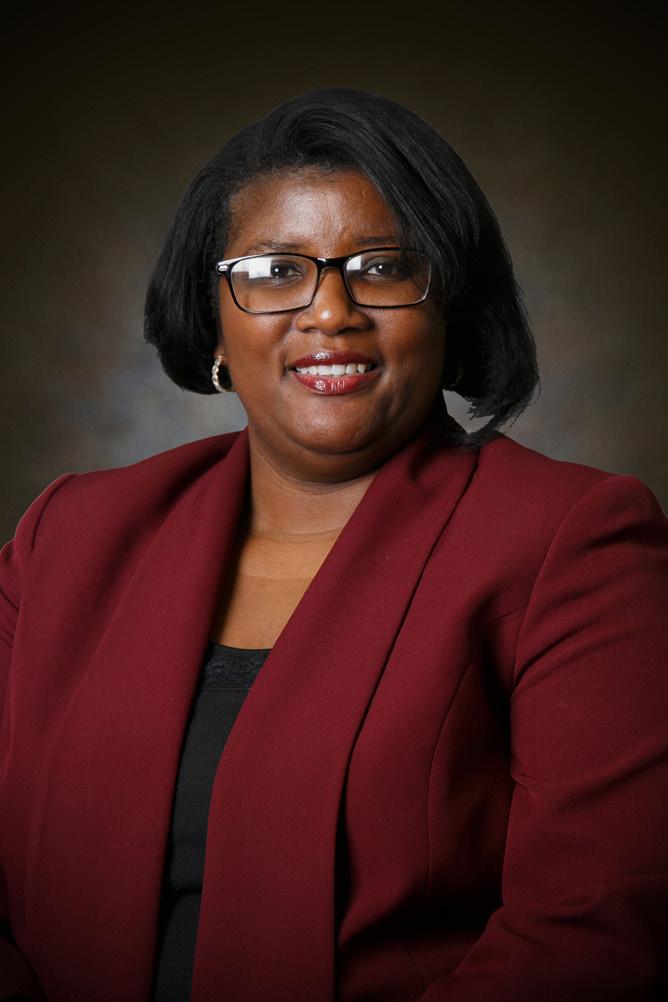
Music Department Chair and Director of Choral Activities Kelvin Towers conducts a music theory lecture during the COVID-19 pandemic. For more information about the Division of Academic Afairs, Contact: (662) 621-4678 or coahomacc.edu/academicaffairs
